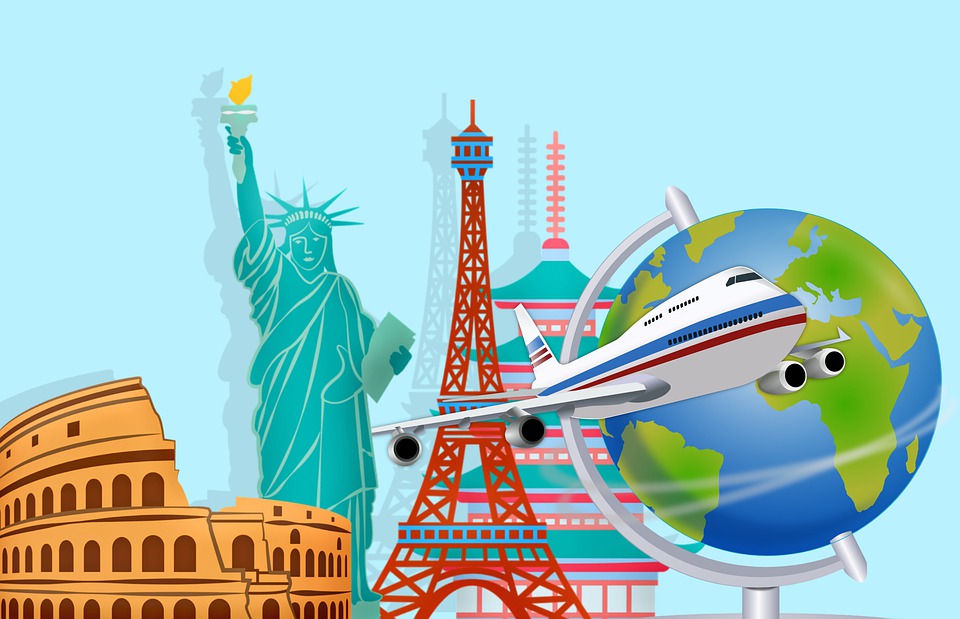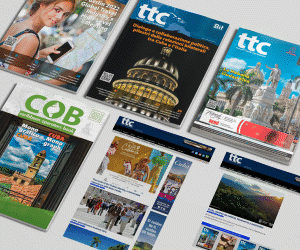
by Frank Martin
The first results in 2020 and 2021 about global pandemic over planetary tourism were described as extremely destructive.
But as time goes by that definition has been changed to a more positive one: it has been a very hard lesson.
According to the United Nations World Tourism Organization (UNWTO), worldwide tourist arrivals fell 74% in 2020 compared to 2019 data. That was just the beginning.
Perhaps for this reason, Global Tourism, a generic and academic subject, is being closely daily watched by scientists and conclusions can be controversial before becoming right.
Analysts consulted by TTC affirm that global or integral tourist product is made up of the attractions of the area, its infrastructures, etc. Now, at the top of the agenda, are completely necessary local “recovery” studies.
For this reason, and along the way, the industry is already immersed in a deep and fast transformation to adapt to a new “international tourist” profile somehow unknown.
A great recovery is announced for 2023, but the forecasts are useless if they do not receive a boost from what the client wants.
For example, experts said that ecotourism is now a fundamental component of the tourism recovery strategy of a group of countries in the Americas continent and specifically in the Caribbean, which not only deal with so-called adventure tourism but also with the complex and expensive health and wellness modality.
Studies affirm that also positive statistics of the current year would require that tourists have higher levels of comfort, safety, health and hygiene because no one has yet stopped thinking about the coronavirus.
New conferences surge worldwide about “innovations” subjects.
One of them was the First Global Conference on Tourism Resilience last February to discuss within the framework of the UN plans around the creation of resilience capacity in what is the third largest export sector in the world.
The World Tourism Resilience Day was already celebrated on February 17 in the framework of the current conditions in the field.
Jamaica’s Minister of Tourism, Edmund Bartlett, who proposed the annual celebration of the day, a motion supported by 90 countries, recalled what he mentioned as a regional success in 2022.
The latest figures that came out showed that the Caribbean region was recovered in 80 percent for tourism.
But experts warn that the recovery of world tourism is still on the path of stability.
There are, according to a considerable group of specialists, despite the recovery, people who still prefer to stay closer to home during the holidays. They still don’t want to get on 8- or 12-hour planes and prefer shorter flights. The Caribbean surely looks to Canada and the United States in this regard.
But it turns out that Caribbean culture is closely linked to Africa. Experts are analyzing a “south-south” recovery model and estimate that both regions should be connected through tourism.
This is the view expressed by Chiza Chiumya, Director of Tourism for the African Union, at the Global Conference on Resilience last February.
Bartlett for his part, as he told his country’s Express Business publication: “Caribbean countries have problems with the critical mass to attract large aircraft carriers into our space,” he warned.
“So the airlines that come from the Middle East, for example can now come and connect to Jamaica and then radiate from Jamaica to those countries,” he said.
Chiumya continued to underline that “visas are not necessary” while admitting that “yes, we need a contingency to control who enters the country, but in essence, when we talk about recovering the tourism sector, we have to take that into account: The best way to eliminate visas,
The analysis indicates that several enthusiastic experts point to a powerful world tourism, and thus face the aftermath of the global pandemic that led most citizens around the world eager for “holidays” to stay at home.

MORE NEWS














